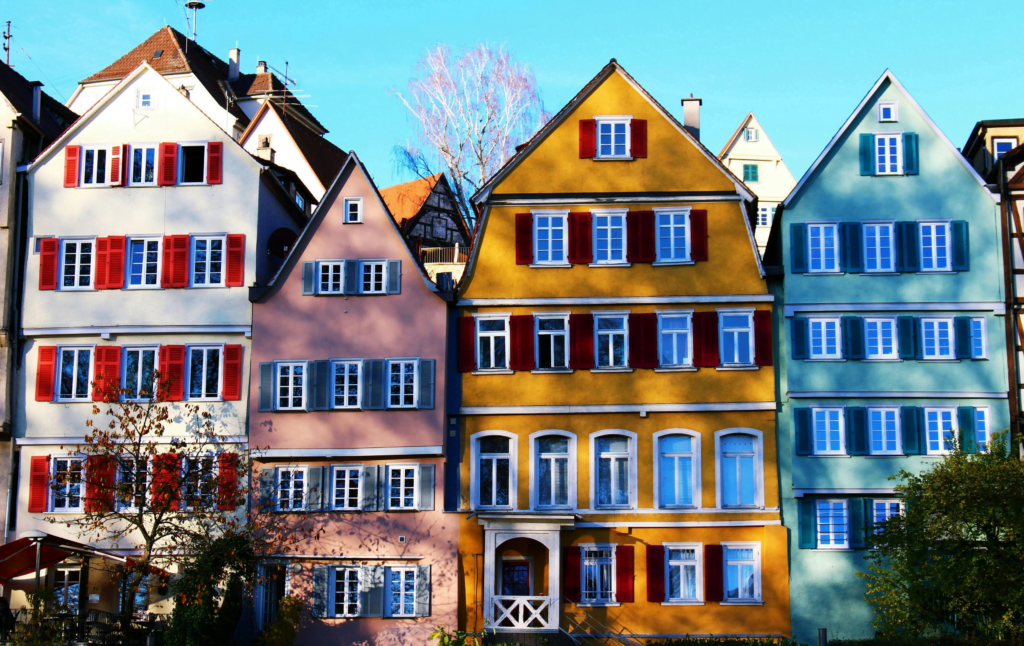
Germany is a popular destination for international students, professionals, and those looking to settle in Europe. Whether you are planning to study, work, or live in Germany, obtaining a residence permit is a crucial step. This article will guide you through the process of obtaining a residence permit in Germany, including the types of permits available, eligibility criteria, the application process, required documents, and tips for a successful application.
Understanding the Residence Permit in Germany
A residence permit is an official document issued by the German authorities that allows non-EU/EEA nationals to reside in Germany for an extended period. The type of residence permit you need depends on your purpose of stay, such as studying, working, or joining a family member.
Types of Residence Permits
Germany offers various types of residence permits, each catering to different purposes:
- Temporary Residence Permit (Aufenthaltserlaubnis):
- For Employment: Issued to individuals with a job offer or employment contract in Germany.
- For Study: Granted to international students enrolled in a German university or language course.
- For Family Reunion: Issued to spouses, children, or other family members of German citizens or legal residents.
- For Self-Employment: Available to entrepreneurs, freelancers, and investors planning to start a business in Germany.
- Permanent Residence Permit (Niederlassungserlaubnis):
- This permit is granted after five years of continuous residence in Germany. It allows you to live, work, and study in Germany indefinitely without restrictions.
- EU Blue Card:
- Designed for highly skilled workers from non-EU countries, the EU Blue Card offers a streamlined path to residency and work in Germany. It is valid for up to four years and can lead to permanent residency.
- Settlement Permit for EU Nationals:
- This permit is for EU/EEA nationals who have lived in Germany for more than five years. It grants them permanent residency rights.
Eligibility Criteria
The eligibility criteria for obtaining a residence permit in Germany vary depending on the type of permit you are applying for. However, some general requirements include:
- Valid Passport: You must have a valid passport from your home country.
- Proof of Purpose: You need to provide evidence of your purpose of stay, such as an employment contract, university enrollment letter, or marriage certificate.
- Financial Stability: You must demonstrate that you have sufficient financial means to support yourself during your stay in Germany. This may include a bank statement, salary slips, or proof of scholarship.
- Health Insurance: Health insurance coverage is mandatory in Germany. You must have either public or private health insurance that meets German standards.
- Accommodation: Proof of accommodation in Germany, such as a rental contract or a letter from your host, is required.
- Basic German Language Skills: For certain types of residence permits, basic proficiency in the German language (A1 or A2 level) is required.
Application Process
The process of applying for a residence permit in Germany involves several steps:
- Determine the Type of Permit: Based on your purpose of stay, determine the appropriate type of residence permit you need to apply for.
- Schedule an Appointment at the Immigration Office: To apply for a residence permit, you must schedule an appointment at the local Immigration Office (Ausländerbehörde) in the city where you intend to live.
- Prepare the Required Documents: Gather all the necessary documents for your application. These typically include:
- Completed application form (available at the Immigration Office or online)
- Valid passport
- Biometric passport photos
- Proof of financial means (e.g., bank statement, scholarship letter, or salary slips)
- Health insurance certificate
- Proof of accommodation (rental contract or letter from host)
- Evidence of purpose of stay (employment contract, university enrollment letter, marriage certificate)
- Language proficiency certificate (if required)
- Payment of the application fee (ranging from €50 to €110, depending on the type of permit)
- Attend the Appointment: On the day of your appointment, bring all your documents to the Immigration Office. An officer will review your application and may ask additional questions regarding your stay in Germany.
- Biometric Data Collection: As part of the application process, you will need to provide biometric data, including fingerprints and a digital photograph.
- Wait for Processing: The processing time for a residence permit application varies depending on the type of permit and the workload of the Immigration Office. It can take anywhere from a few weeks to several months.
- Receive Your Permit: Once your application is approved, you will receive your residence permit in the form of a plastic ID card. The card will include your photo, personal details, and information about the type and duration of your permit.
Renewing Your Residence Permit
If your stay in Germany extends beyond the validity of your initial residence permit, you will need to apply for a renewal. The renewal process involves:
- Apply for Renewal: Submit a renewal application at least two to three months before your current permit expires. The process is similar to the initial application, but you may need to provide updated documents, such as a new employment contract or proof of continued studies.
- Check Eligibility for Permanent Residency: If you have lived in Germany for at least five years, you may be eligible to apply for a permanent residence permit. This allows you to stay in Germany indefinitely without needing to renew your permit.
Tips for a Successful Application
- Start Early: Begin the application process well in advance to ensure you have enough time to gather the necessary documents and schedule an appointment at the Immigration Office.
- Stay Organized: Keep all your documents organized and make copies of everything you submit. This will help you stay on top of the process and avoid any delays.
- Understand the Requirements: Each type of residence permit has specific requirements. Make sure you fully understand what is needed for your particular situation.
- Be Honest: Provide accurate and truthful information in your application. Any discrepancies or false information can lead to delays or even rejection of your application.
- Seek Assistance if Needed: If you are unsure about any aspect of the application process, consider seeking assistance from an immigration lawyer or a professional immigration service.
Conclusion
Obtaining a residence permit in Germany is a crucial step for anyone planning to live, work, or study in the country. The process may seem complex, but with careful planning and attention to detail, it is manageable. By understanding the types of residence permits available, meeting the eligibility criteria, and following the correct application procedures, you can secure your residence permit and enjoy all that Germany has to offer.
Whether you are a student, a professional, or someone looking to reunite with family, Germany welcomes you with open arms. Ensure you start your journey by securing the necessary legal status through a residence permit, and take the first step toward a fulfilling experience in one of Europe’s most dynamic countries.


